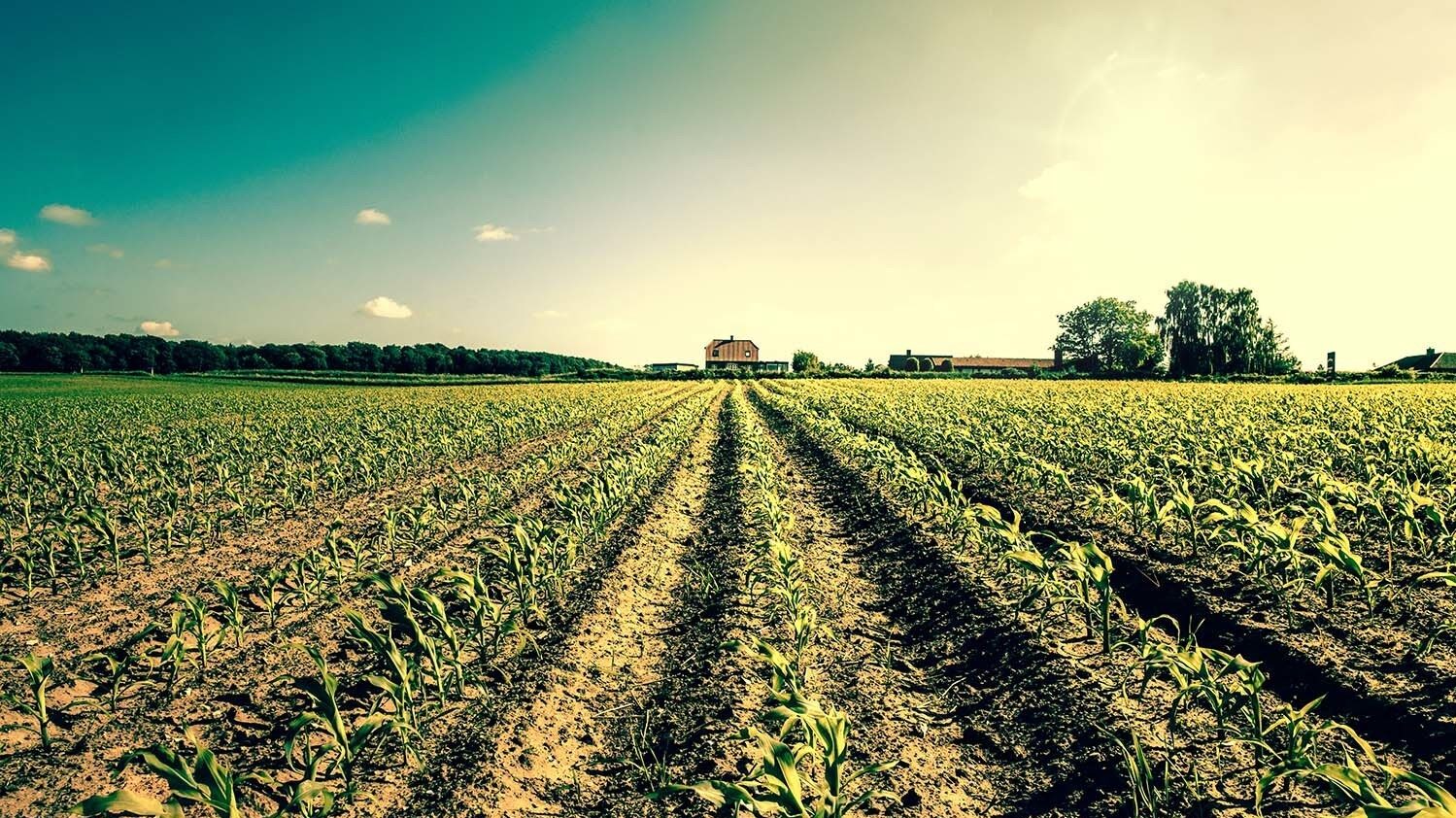Function and Structure
AgroWeb International Network has been established by organizations and individuals involved in agricultural and rural development. Participants have started to develop a collaborative network, in view of the lack of web based information about agricultural topics in the region.
The AgroWeb Network was established and is maintained by representatives of participating countries, and facilitated by the regional chapter of the International Association of Agricultural Information Specialists (IAALD) and by the Food and Agriculture Organization of United Nations (FAO).
FAO’s role is to facilitate the development of AgroWeb by providing advice and support to the national working groups, assisting in the improvement of services in the most important subjects, and working closely with national coordinators and the web editors.
National AgroWeb Portals
NAWPs have been established as portals for the countries in the region, providing access to information in a standard format and structure about agriculture-related institutions – ministries, libraries, information centers, universities, research centers, NGOs, agro-marketing organizations, etc.
Currently, Armenia, Azerbaijan, Georgia, Kazakhstan, Kyrgyzstan and Uzbekistan are involved in AgroWeb CAC Network. The representatives from Tajikistan and Turkmenistan have already expressed their willingness to develop National AgroWeb Portals in their countries.
NAWPs provide appropriate information and Internet links, if available, to these national institutions and to other relevant national web sites.
The next step of the development of AgroWeb Network is the integration of various agriculture related databases to the network, launching the appropriate search mechanisms amongst NAWPs, development of Russian version of AgroWeb Regional Portal, which will serve as a common language platform.
The new initiative of the Network is launching AgroWeb portals at intra-national level (Armenia). The AgroWeb portals for 10 Marzes (districts) in Armenia have been created taking into account the specific features of every Marz (http://arm.agrowebcac.org/marz).
Endorsement of AgroWeb CAC as a Regional Agricultural Information System (RAIS)
The respective representatives of the countries from the CAC region (during the GFAR workshop in Tashkent, 2004) endorsed AgroWeb Network as a relevant initiative, which enables
(i) the management of national information resources in agricultural research for development,
(ii) provides a gateway function from the regional level, facilitating access to national resources and hence strengthened further by contributions from each NARS.
NAWPs are considered as a relevant basis for the platform of CAC-RAIS. The structure and management of NAWPs is fitting to the priorities defined by the representatives of respective countries.
The role and function of AgroWeb CAC as a RAIS were further developped during the First (June 2004) and the Second (May 2005) Inter-regional workshops in Rome and Cairo respectively.
The state of Information and Communication Management in CAC region
While in many other regions the main problems of the stakeholders of agricultural research and production are connected with getting accurate and timely information, the problem in the CAC region is almost the absence of the technologies that provide the opportunity for such information.
The main stakeholders inside the region experience great problems in basic communications. Even some Ministries of Agriculture do not have their web sites.
The Information and Communication Technology (ICT) level in many countries of the region is mainly limited to traditional ways of information exchange. These ways of exchange of information currently do not bring all the advantages of new technologies. They are slow, and the update of content is sometimes inadequate because the information generated every day cannot be conveyed efficiently, using this method.
Many researchers do not have enough access to global knowledge bank.
Many valuable resources could be saved if the effective networks of knowledge exchange system worked properly inside the region.
Sometimes there is no proper communication even between neighboring institutions. Having the Institutions connected to each other, the infrastructure will be more effective and faster. It will give an opportunity of effective dissemination and application of particular information.
Furthermore, the need for an agricultural information system is not only expressed at regional level, but also at national and intra-national levels.
Resources & Partners:
foodsystemsjournal.org
highprofilegreen.com
highprofilegrounds.com
justfood.org

